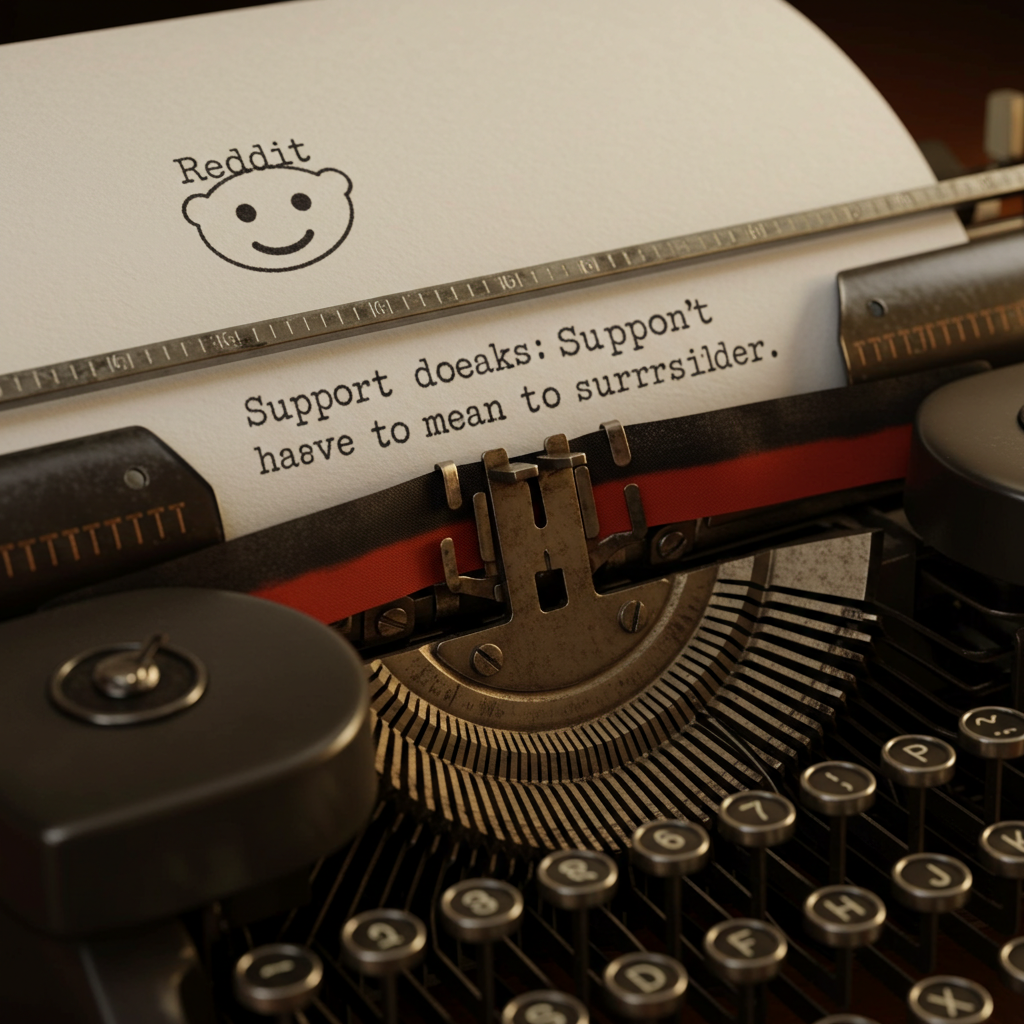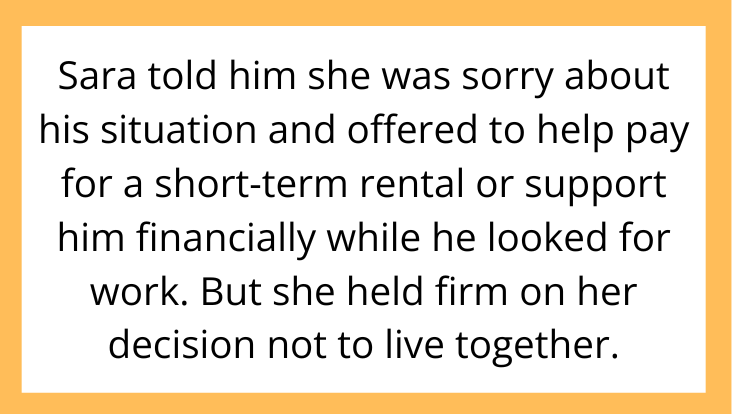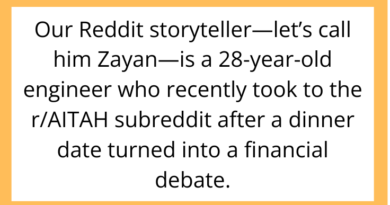AITAH for Not Letting My Boyfriend Move Into My Apartment Even Though He’s Homeless?
When love and logistics collide, things can get messy—and fast. In today’s AITAH-inspired scenario, one woman’s decision to protect her personal space has sparked a wave of judgment, debate, and emotional backlash.
Is she heartless for saying no to her struggling boyfriend, or just setting healthy boundaries?
Let’s break down the drama that’s taken Reddit—and now this blog—by storm.
The Background: My Place, My Rules?

Our poster, a 27-year-old woman named Sara (name changed for privacy), lives alone in a one-bedroom apartment she leases in her name. She pays for everything: rent, bills, and groceries, all without assistance. After leaving a rocky relationship two years ago, she made a vow to never give up her independence again.
Enter her boyfriend, Dave, 29.
They’ve been dating for nine months. Things were going well—dates, sleepovers, talk of the future—but they weren’t quite at the cohabitation stage.
Then Dave lost his job. And his roommate gave him notice to move out. Suddenly, Dave was facing homelessness.
Naturally, he turned to Sara. He asked if he could move in—”just for a couple of months,” he said—until he got back on his feet.
Sara said no.
The Fallout: Homeless, Heartbroken, and Hurt

Dave didn’t take it well. He called Sara cold, selfish, and unloving. He said that if she truly cared about him, she wouldn’t let him suffer.
Sara told him she was sorry about his situation and offered to help pay for a short-term rental or support him financially while he looked for work. But she held firm on her decision not to live together.
Her reasoning?
“I’ve seen what happens when someone moves in without a plan,” she wrote. “They never leave. I worked too hard to feel safe in my space, and I’m not ready to give that up.”
Now Dave isn’t speaking to her—and some of her mutual friends are siding with him, saying she “abandoned” him in his time of need.
Feeling torn, Sara asked Reddit: Am I the a**hole for not letting my boyfriend move in, even though he has nowhere to go?
Drawing the Line: When Boundaries Feel Like Betrayal

Sara’s Side: Independence Matters

Sara’s stance isn’t uncommon. After a difficult past relationship, she rebuilt her life from scratch. Her apartment is more than a living space—it’s a symbol of safety, recovery, and control.
Letting someone move in, especially under duress, is a huge commitment. She wasn’t ready. And just because someone is your partner doesn’t mean you’re obligated to share your space—especially if the relationship hasn’t reached that level of trust and security.
She didn’t ignore his crisis—she just didn’t sacrifice herself to solve it.
Dave’s Side: Love Means Showing Up

From Dave’s perspective, this rejection may feel like betrayal. When you’re at your lowest, you hope the person you love will offer support—not a referral to a sublet.
He may be questioning whether Sara sees a real future with him. If she can’t be there during the hard times, what’s the point?
There’s also the emotional sting of being turned away—not just by society, but by someone you care about.
Reddit Responds: The Court of Public Opinion

The AITAH subreddit had mixed feelings, but the majority leaned in Sara’s favor.
Top comment: “NTA. Offering help without sacrificing your peace is totally fair. You’re a partner, not a lifeline.”
Another user added: “Moving in under desperation is a recipe for resentment and regret. She’s being smart, not cruel.”
But some Redditors sympathized with Dave: “Imagine being homeless and your partner says no? That would destroy me.”
The thread turned into a broader discussion about boundaries in relationships and when support turns into self-sacrifice.
Lessons from the Chaos

Love Doesn’t Erase Boundaries
One of the most important themes in this story is the idea that loving someone doesn’t mean losing yourself. Sara can care about Dave and still say no. She can want to help him and still choose not to live with him.
Boundaries are not walls—they’re guidelines for sustainable love.
Crisis Is Not a Cohabitation Plan
Moving in together should be a decision made from a place of stability, not emergency. Otherwise, the power imbalance, emotional strain, and unresolved expectations can damage even the strongest bonds.
Temporary help can still be love. It just doesn’t have to come at the cost of your comfort or sanity.
What Should Happen Next?

For Sara:
-
Stay firm but compassionate. Her offer to support him from a distance was generous and fair.
-
Reflect on the relationship. If Dave is unwilling to respect her boundaries now, what does that say about their future?
For Dave:
-
Recognize that rejection of your request isn’t rejection of you.
-
Focus on getting stable independently.
-
Reassess whether he wants a partner or a safety net—and be honest about which one he expected Sara to be.
Final Verdict: Not the Villain, Just Not the Savior

Sara isn’t the villain here. She’s someone who values her space, her mental health, and her long-term security.
Saying no isn’t easy—especially when someone you care about is in crisis—but it can be the kindest thing you do, for both of you.
Helping doesn’t have to look like rescuing. Sometimes, it looks like support from the sidelines instead of sacrifice from the front lines.



